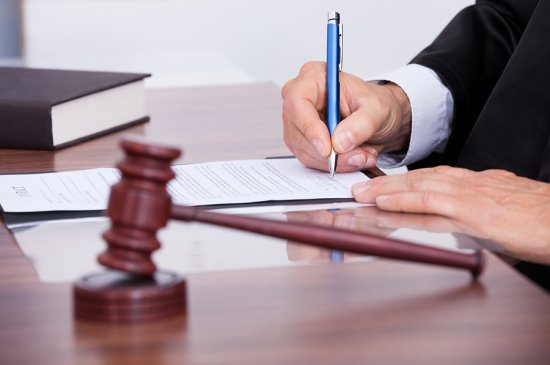
How a judgment lien affects you
Once a creditor obtains a judgment they can get a lien against any real property you own. This means they can apply the lien towards your home and try to force it into foreclosure in order to recover the amount you owe them. Judgments are particularly devastating because they are good for a period of 10 years with a 10 year extension available. This means that while there may be no equity in your home now, the creditor can wait you out and hope your circumstances turn around and then come after you.
How bankruptcy can help with judgments
If you have been hit with a judgment but it hasn't yet gone to the lien phase, bankruptcy can typically void the judgment out and stop the process from getting more serious. But if there has already been a lien attached to your property, the bankruptcy can void the judgment but the lien can linger on and complicate your bankruptcy. If the lien is on your home and you surrender the property as part of your bankruptcy because you have no equity in the home and can't afford to keep it, the lien will follow the property. But if you keep your home after bankruptcy, that lien can survive and the creditor can later push for foreclosure to satisfy the debt owed to them.
When a lien can be avoided in bankruptcy
If you have a lien on your home or other real property such as land, a lien may be able to be avoided in bankruptcy depending on your circumstances and so long as your attorney files a Motion to Avoid the Judicial Lien. Your bankruptcy attorney will evaluate your situation to see if you're eligible to have the lien avoided. This is done by looking at the available bankruptcy exemption on your property, any creditor liens and other liens. This is then compared to the value of your real property. If the total exceeds the property value, you may be eligible to have your lien avoided (i.e. gotten rid of).
Find out more about judgments and liens in bankruptcy
